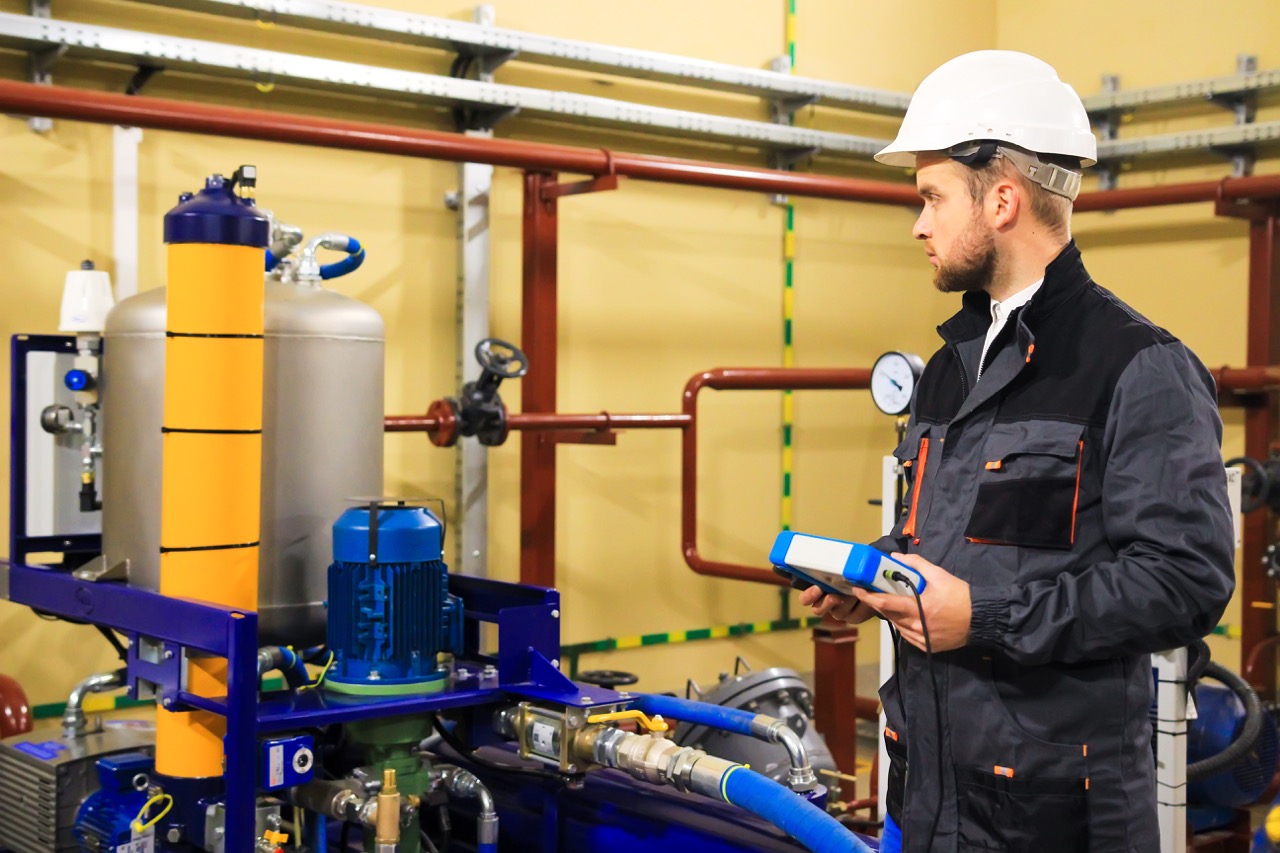

Articles
How To Become A Plumbing Engineer
Modified: January 9, 2024
Learn the essential articles to become a skilled plumbing engineer and excel in your career. Find expert advice, tips, and techniques for plumbing engineering.
(Many of the links in this article redirect to a specific reviewed product. Your purchase of these products through affiliate links helps to generate commission for Storables.com, at no extra cost. Learn more)
Introduction
Welcome to the world of plumbing engineering! If you have a passion for problem-solving, a knack for mathematics, and an interest in designing and creating innovative plumbing systems, then becoming a plumbing engineer might be the perfect career choice for you. Plumbing engineers play a crucial role in the construction industry by designing efficient and sustainable plumbing systems for residential, commercial, and industrial buildings.
In this article, we will guide you through the steps to becoming a successful plumbing engineer. From understanding the role of a plumbing engineer to gaining the necessary education, certifications, and practical experience, we will cover all aspects of this exciting profession.
So, let’s dive in and explore the path to becoming a plumbing engineer!
Key Takeaways:
- Plumbing engineering requires a strong foundation in math and science, practical experience, and continuous learning. It’s a field that demands problem-solving skills, technical proficiency, and staying updated with industry trends and regulations.
- Networking with professionals, pursuing continuing education, and considering specialization are crucial for long-term success as a plumbing engineer. Embracing challenges, seeking learning opportunities, and staying committed can lead to a meaningful impact in the field.
Read more: How To Become A HVAC Engineer
Step 1: Understand the Role of a Plumbing Engineer
Before embarking on your journey to become a plumbing engineer, it is essential to have a clear understanding of the role and responsibilities involved. Plumbing engineers are responsible for the design, installation, maintenance, and repair of plumbing systems in buildings.
They work closely with architects, contractors, and other professionals to ensure that plumbing systems meet the needs of the building occupants while adhering to building codes and regulations. Plumbing engineers must consider factors such as water supply, drainage, and ventilation to create efficient and sustainable plumbing systems.
Plumbing engineers also play a vital role in ensuring the safety and health of building occupants by designing systems that prevent water contamination, promote proper sanitation, and manage waste disposal.
In addition to design work, plumbing engineers may also be involved in site visits, inspections, and consultations with clients. They need to have strong communication and interpersonal skills to effectively collaborate with other professionals and address any concerns or issues that may arise during the construction process.
By understanding the role of a plumbing engineer, you can better prepare yourself for the education and experiences needed to thrive in this field.
Step 2: Gain a Strong Foundation in Math and Science
To become a plumbing engineer, it is important to have a strong foundation in mathematics and science. These subjects form the basis for understanding the principles and concepts used in engineering and plumbing design.
Mathematics is crucial for tasks such as calculating pipe sizes, determining flow rates, and analyzing pressure drop in plumbing systems. A solid understanding of algebra, geometry, trigonometry, and calculus will be beneficial in solving complex mathematical problems that arise in plumbing engineering.
In addition to mathematics, a strong background in science, particularly physics and chemistry, is essential for plumbing engineers. Understanding the properties of fluids, such as water and gases, and how they behave under different conditions is crucial in designing efficient plumbing systems. Knowledge of thermodynamics, fluid mechanics, and materials science will enable you to make informed decisions about pipe sizing, material selection, and system performance.
Gaining a strong foundation in math and science can be achieved through a combination of high school coursework and additional self-study. Take advantage of advanced math and science classes offered in high school, and consider participating in extracurricular activities, such as math or science clubs, to further develop your skills. Additionally, online resources and textbooks can provide supplementary learning opportunities to deepen your understanding of these subjects.
Remember that math and science are not just abstract concepts but tools that will be crucial in your daily work as a plumbing engineer. So, dedicating time and effort to mastering these subjects will set a strong foundation for your future career.
Step 3: Pursue a Degree in Mechanical or Civil Engineering
After establishing a strong foundation in math and science, the next step towards becoming a plumbing engineer is to pursue a degree in either mechanical or civil engineering. These fields of study provide the essential knowledge and skills needed to excel in the plumbing engineering profession.
Both mechanical and civil engineering programs typically cover a wide range of topics including mechanics, thermodynamics, materials science, structural analysis, and fluid mechanics. These subjects are directly applicable to the design and analysis of plumbing systems.
When choosing between mechanical and civil engineering, consider the specific focus you want to have in your career. While mechanical engineering offers a broader range of applications across various industries, civil engineering is more focused on infrastructure development, including buildings and water supply systems.
Regardless of the specific discipline you choose, it is important to select a program that is accredited by a recognized accrediting body. Accreditation ensures that the curriculum meets certain standards and will provide you with the necessary knowledge and skills to succeed as a plumbing engineer.
During your engineering studies, take advantage of courses or electives that focus on plumbing system design, fluid mechanics, and sustainable building practices. These specialized courses will give you a deeper understanding of the unique challenges and considerations involved in plumbing engineering.
Furthermore, consider participating in extracurricular activities or joining engineering organizations such as the American Society of Plumbing Engineers (ASPE) or the American Society of Heating, Refrigerating, and Air-Conditioning Engineers (ASHRAE). These organizations provide valuable networking opportunities, access to industry resources, and opportunities for professional development.
By pursuing a degree in mechanical or civil engineering, you will acquire the fundamental knowledge and skills needed to begin your journey as a plumbing engineer.
Step 4: Obtain Relevant Certifications and Licenses
Obtaining relevant certifications and licenses is a crucial step towards becoming a qualified and credible plumbing engineer. These certifications and licenses not only demonstrate your expertise and knowledge in the field but also ensure that you meet the legal requirements to practice as a plumbing engineer.
One of the primary certifications for plumbing engineers is the Certified Plumbing Design (CPD) certification offered by the American Society of Plumbing Engineers (ASPE). This certification validates your knowledge and skills in designing plumbing systems and is highly regarded in the industry.
In addition to the CPD certification, there may be other regional or country-specific certifications that you’ll need to pursue depending on your location. These certifications may cover topics such as building codes, plumbing regulations, and safety standards specific to your region.
Moreover, many jurisdictions require plumbing engineers to obtain a professional engineering (PE) license to practice independently or offer their services to the public. The requirements for obtaining a PE license may vary by country or state, but generally, they include completing an accredited engineering program, gaining a specific amount of engineering experience, and passing the Professional Engineer exam.
It’s important to research and familiarize yourself with the certification and licensing requirements in your specific area. Contact local professional engineering associations or regulatory bodies to get accurate and up-to-date information on the steps you need to take to obtain the necessary certifications and licenses.
By obtaining the relevant certifications and licenses, you will enhance your professional standing and credibility as a plumbing engineer, opening up new opportunities for career growth and advancement.
Read more: How To Become A Plumbing Technician
Step 5: Gain Practical Experience through Internships or Entry-Level Positions
Building practical experience is a crucial step in becoming a successful plumbing engineer. While academic knowledge is important, hands-on experience in the field will provide you with a deeper understanding of the practical aspects of plumbing engineering and help you develop essential skills.
One way to gain practical experience is through internships or co-op programs during your academic studies. These opportunities allow you to work under the guidance of experienced professionals, assisting with the design, installation, and maintenance of plumbing systems in real-world projects. Internships provide invaluable exposure to the industry, allowing you to apply what you have learned in the classroom to practical scenarios and learn from seasoned professionals.
If internships are not readily available, consider seeking entry-level positions in engineering firms or plumbing contracting companies. These positions may include roles such as design assistant, CAD technician, or junior plumbing engineer. While entry-level positions may involve more routine tasks, they provide the opportunity to learn from experienced colleagues and gain hands-on experience in plumbing system design and implementation.
During your practical experience, be proactive in asking questions, seeking opportunities to participate in various aspects of plumbing engineering projects, and familiarizing yourself with industry-specific software and tools. Take note of the different challenges and considerations that arise during the design, installation, and maintenance phases, as this will help broaden your understanding of plumbing engineering as a whole.
Furthermore, consider joining professional organizations or attending industry events and conferences to network with other professionals and stay updated on the latest trends and advancements in plumbing engineering. Having connections within the industry can lead to new opportunities for practical experience and career growth.
Remember, hands-on experience is invaluable in the field of plumbing engineering. It not only allows you to apply your theoretical knowledge but also develops your problem-solving skills and enhances your understanding of the practical aspects of plumbing system design and implementation.
Consider pursuing a degree in mechanical or civil engineering, and then gaining experience in plumbing design and systems. Professional certifications can also enhance your qualifications.
Step 6: Develop Strong Technical and Problem-Solving Skills
To excel as a plumbing engineer, it is essential to develop strong technical and problem-solving skills. Plumbing systems can be complex, and the ability to analyze, design, and troubleshoot these systems is crucial for success in this field.
One way to develop your technical skills is by staying up to date with the latest advancements in plumbing engineering. Keep yourself informed about new technologies, materials, and design methodologies through industry publications, online resources, and professional development courses. This will help you understand emerging trends and incorporate innovative solutions into your designs.
Additionally, developing proficiency in computer-aided design (CAD) software is essential. CAD software allows you to create accurate and detailed plumbing system designs, making it easier to communicate your ideas to clients, architects, and contractors. Familiarize yourself with popular CAD tools used in the industry and practice using them to create plumbing system models and drawings.
Problem-solving skills are equally important in plumbing engineering. Plumbing systems often encounter challenges such as limited space, complex layouts, and conflicting design requirements. Being able to analyze problems, think critically, and propose effective solutions is crucial.
Developing problem-solving skills can be done by participating in case studies, working on design projects, and actively seeking out challenging scenarios. Collaborate with colleagues or even join plumbing design competitions to enhance your ability to find innovative solutions under pressure. Additionally, seek feedback and guidance from experienced professionals to improve your problem-solving approach.
Communication skills are also vital in plumbing engineering. As a plumbing engineer, you will interact with architects, contractors, clients, and other professionals. Being able to effectively convey technical information and collaborate with different stakeholders is crucial. Practice your communication skills through presentations, technical writing, and engaging in teamwork projects.
In summary, developing strong technical skills, problem-solving abilities, and effective communication is crucial in becoming a successful plumbing engineer. Continuously learning and refining these skills will help you stand out in the industry and deliver exceptional results in your projects.
Step 7: Stay Updated with Industry Trends and Regulations
In the field of plumbing engineering, it is essential to stay updated with industry trends and regulations to ensure that your designs are innovative, efficient, and compliant with the latest standards. Plumbing technologies, building codes, and regulations are constantly evolving, and as a professional, you must keep up with these changes.
To stay updated with industry trends, subscribe to trade publications, join professional organizations, and attend conferences and seminars. These resources provide valuable insights into the latest technological advancements, sustainable practices, and industry best practices. Networking with other professionals through these avenues is also an excellent way to exchange ideas and learn from the experiences of others in the field.
Additionally, familiarize yourself with plumbing codes and regulations applicable to your region. Building codes, plumbing standards, and regulations are established to ensure the safety, efficiency, and sustainability of plumbing systems. Stay informed about any updates or revisions to these codes and incorporate them into your designs.
Furthermore, pay attention to environmental and sustainability considerations in plumbing engineering. Green building practices and sustainable design principles are gaining prominence in the construction industry. Stay informed about energy-efficient plumbing fixtures, water conservation strategies, and other sustainability initiatives. Incorporating these practices into your designs can enhance the efficiency and environmental impact of plumbing systems.
Continuing education is also crucial in staying updated with industry trends and regulations. Attend workshops or pursue advanced certifications in specialized areas of interest within plumbing engineering. These programs not only provide valuable knowledge but also demonstrate your commitment to professional growth and staying abreast of industry changes.
Lastly, make a habit of regularly reviewing industry publications, online forums, and government websites that provide updates on plumbing regulations, standards, and industry news. This continuous learning approach will ensure that you stay current with the latest developments in the plumbing engineering field.
By staying updated with industry trends and regulations, you will be able to deliver innovative, compliant, and sustainable plumbing designs that meet the needs of clients and ensure the safety and well-being of building occupants.
Step 8: Network with Professionals in the Plumbing Engineering Field
Networking plays a crucial role in advancing your career as a plumbing engineer. Building connections with professionals in the industry can open up new opportunities, provide valuable insights, and help you stay updated with the latest trends and advancements.
Start by joining professional organizations like the American Society of Plumbing Engineers (ASPE) or local plumbing engineering associations. These organizations offer networking events, conferences, and online forums where you can connect with like-minded professionals, industry leaders, and potential mentors. Engage in conversations, ask questions, and share your knowledge and experiences. By actively participating in these networks, you can establish meaningful relationships with fellow professionals in the plumbing engineering field.
Attending industry conferences, seminars, and trade shows is another effective way to network with professionals. These events bring together experts and thought leaders in plumbing engineering, providing excellent opportunities to exchange ideas, gain insights, and forge connections. Be proactive and approach professionals during these events, introduce yourself, and express your interest in the field. Remember to bring along your business cards to make it easy for others to contact you.
Utilize online networking platforms to connect with professionals in the plumbing engineering field. Platforms like LinkedIn provide a space for professionals to connect and exchange ideas. Join relevant groups and participate in discussions to expand your network online. Share your expertise by posting informative articles or engaging in conversations on industry-specific topics.
Mentorship is another valuable aspect of networking. Seek out experienced professionals who are willing to guide and mentor you in your career journey. Their insights, advice, and support can be instrumental in your professional growth and development. Participating in mentorship programs offered through professional organizations can help facilitate connections with experienced professionals.
Remember that networking is a two-way street. Be willing to help others and share your knowledge and experiences as well. Building genuine relationships and offering support to others will create a strong professional network that can benefit you throughout your career.
Networking not only opens doors to new opportunities but also allows you to learn from the experiences of others, stay informed about the latest industry trends, and gain valuable insights into the plumbing engineering field. Invest time and effort into building and nurturing your professional network, as it can greatly accelerate your career growth and success as a plumbing engineer.
Read more: What Is A Plumbing Engineer
Step 9: Consider Continuing Education and Specialization
Continuous learning and professional development are key factors in the long-term success and advancement of a plumbing engineer. As technology evolves and industry standards change, it is important to stay abreast of the latest developments and expand your knowledge and skills. Consider pursuing continuing education and specialization opportunities to enhance your expertise in specific areas of interest within the plumbing engineering field.
Continuing education can take various forms, such as attending workshops, seminars, or specialized courses offered by professional organizations or academic institutions. These programs provide a deeper understanding of advanced topics and emerging trends in plumbing engineering. They are great for honing your skills, acquiring new knowledge, and earning professional development hours or credits.
Specialization within the plumbing engineering field is another consideration to take your career to the next level. Plumbing engineering encompasses a wide range of applications, such as water supply systems, fire protection systems, healthcare facilities, or sustainable plumbing design. By specializing in a particular area, you can position yourself as an expert and differentiate yourself in the competitive job market.
Seek out certifications or additional qualifications that are relevant to your chosen specialization. Organizations like the American Society of Plumbing Engineers (ASPE) offer specialized certifications such as the Certified in Plumbing Engineering (CPD) or Certified in Plumbing Design (CPD) certifications, which can validate your expertise and specialization in specific areas of plumbing engineering.
Continuing education and specialization not only broaden your knowledge and skills, but they also demonstrate your commitment to professional growth and development. Employers value individuals who are proactive in staying updated with industry advancements and who have a deep understanding of specialized areas within the field.
Additionally, staying ahead of the curve in terms of technology and software is essential in today’s fast-paced world. Familiarize yourself with the latest computer-aided design (CAD) software, building information modeling (BIM) tools, and energy analysis software used in the industry. These skills will make you more efficient and effective in your work and create opportunities for career advancement.
Remember, continuing education and specialization are investments in your future as a plumbing engineer. By continuously learning, expanding your expertise, and staying up to date with industry advancements, you can position yourself as a top professional and open up new possibilities for career growth and success.
Conclusion
Congratulations! You have reached the end of our comprehensive guide on how to become a plumbing engineer. By following the steps outlined in this article, you are well on your way to establishing a successful career in the plumbing engineering field.
We have covered various important steps, including understanding the role of a plumbing engineer, gaining a strong foundation in math and science, pursuing a degree in mechanical or civil engineering, obtaining relevant certifications and licenses, gaining practical experience through internships or entry-level positions, developing strong technical and problem-solving skills, staying updated with industry trends and regulations, networking with professionals in the field, and considering continuing education and specialization.
Becoming a plumbing engineer requires a combination of academic knowledge, practical experience, and continuous learning. It is a field that demands a strong foundation in mathematics and science, as well as technical skills in plumbing system design and problem-solving. Staying up to date with industry trends, regulations, and advancements is crucial for ensuring that your designs are innovative, efficient, and compliant.
Networking with professionals and building relationships in the industry will not only expand your opportunities but also offer valuable insights and support. Considering continuing education and specialization demonstrates your commitment to professional growth and can enhance your expertise in specific areas of interest within the plumbing engineering field.
Remember, becoming a plumbing engineer is a journey that requires dedication, perseverance, and a passion for the field. Embrace the challenges, seek out learning opportunities, and stay committed to honing your skills. With the right combination of education, experience, and ongoing professional development, you can make a meaningful impact in the world of plumbing engineering.
So, go ahead and embark on this exciting career path. Your future as a plumbing engineer awaits!
Frequently Asked Questions about How To Become A Plumbing Engineer
Was this page helpful?
At Storables.com, we guarantee accurate and reliable information. Our content, validated by Expert Board Contributors, is crafted following stringent Editorial Policies. We're committed to providing you with well-researched, expert-backed insights for all your informational needs.
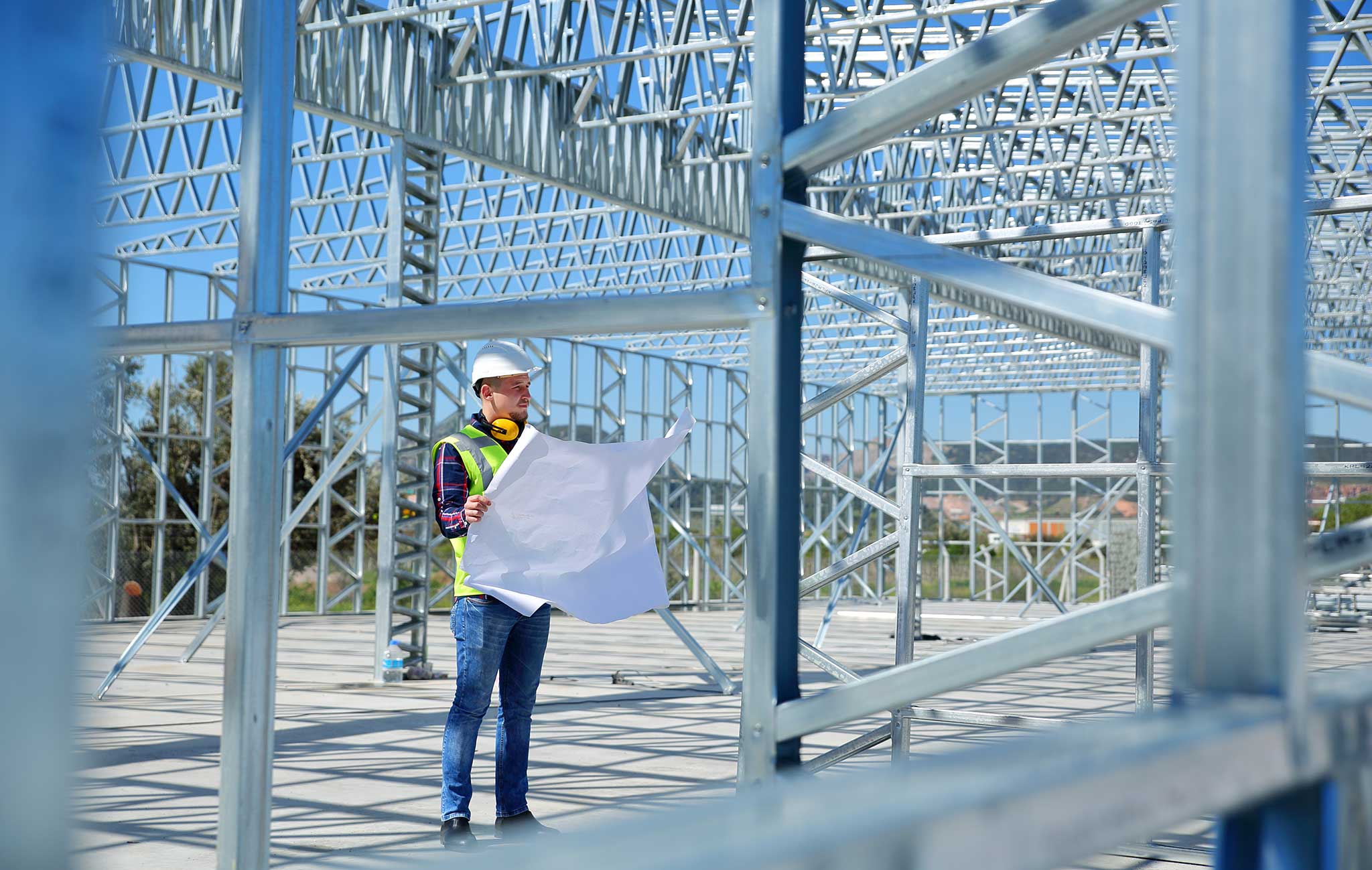
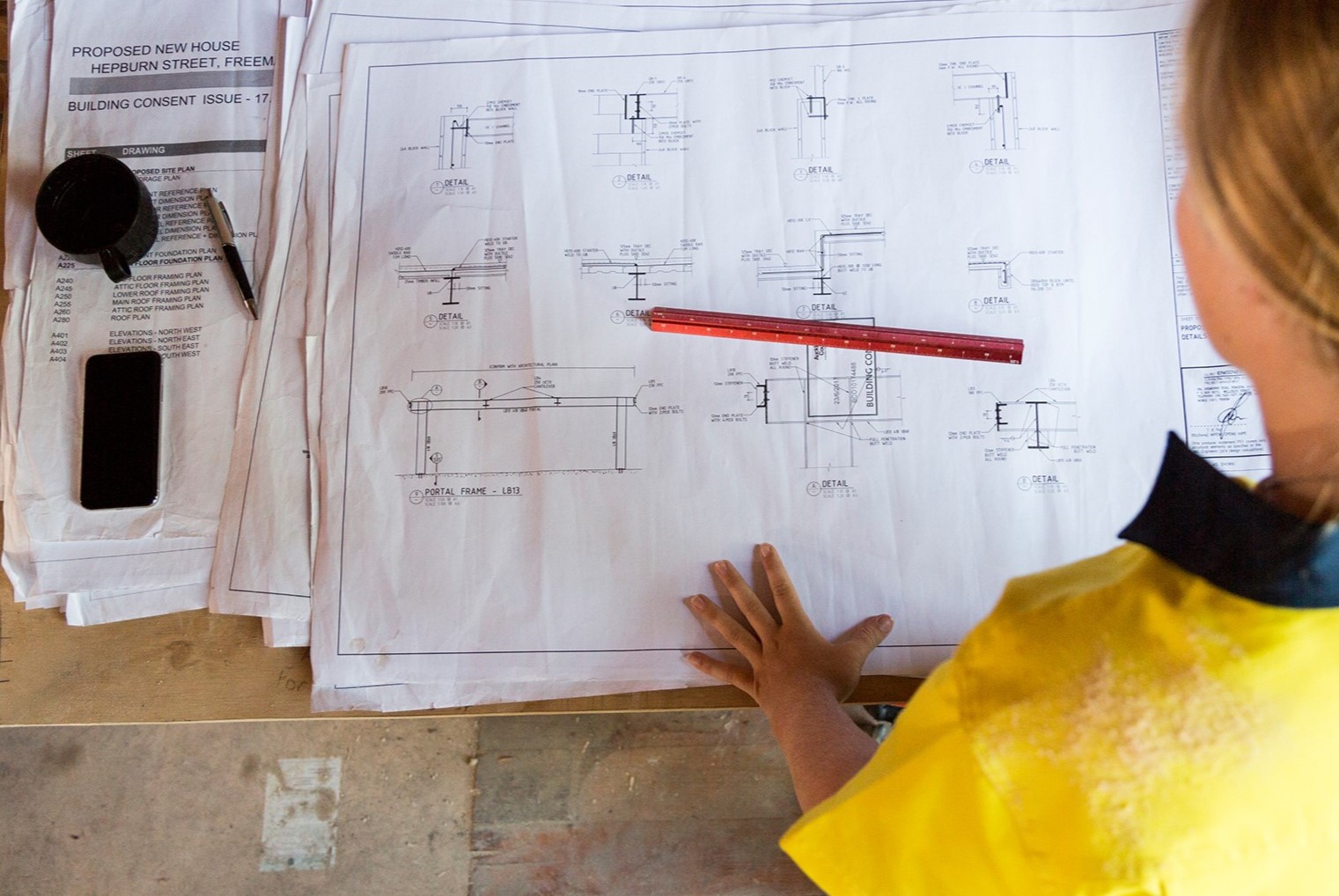

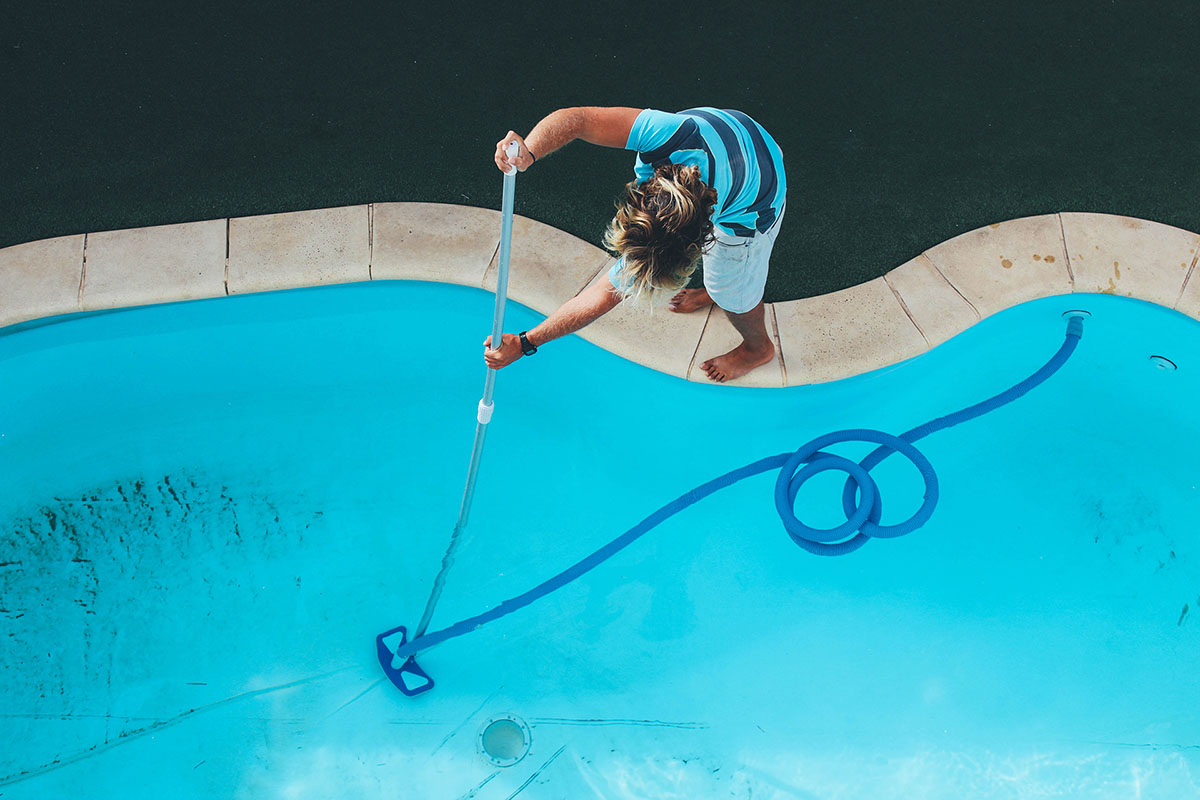
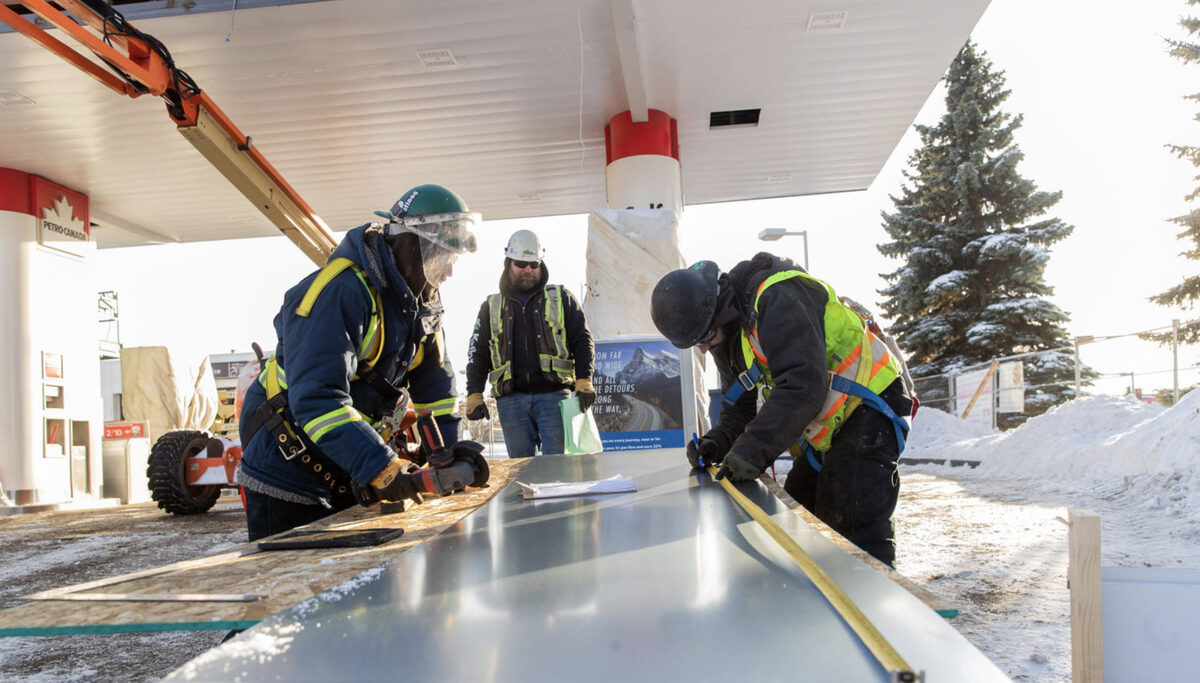
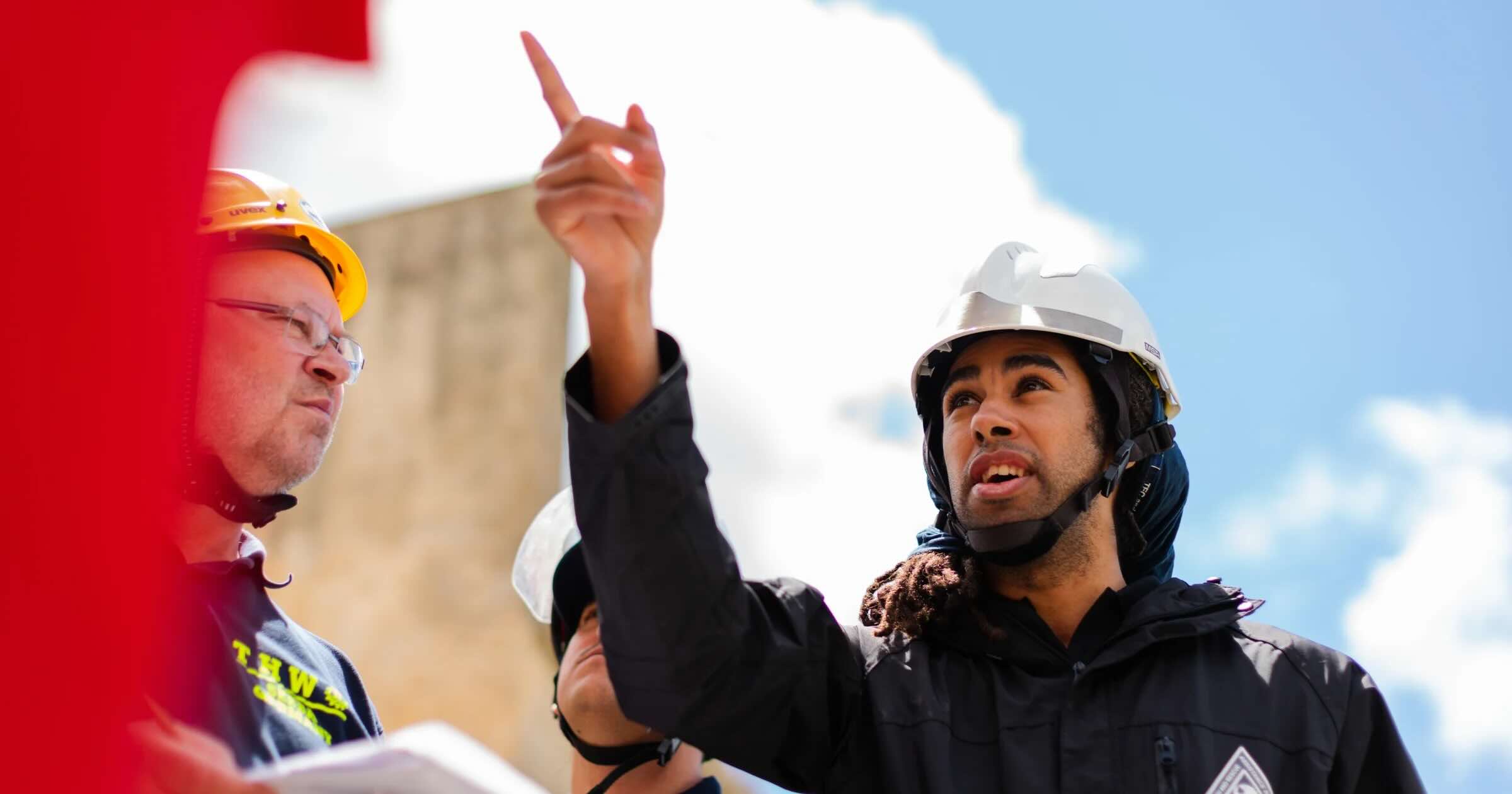
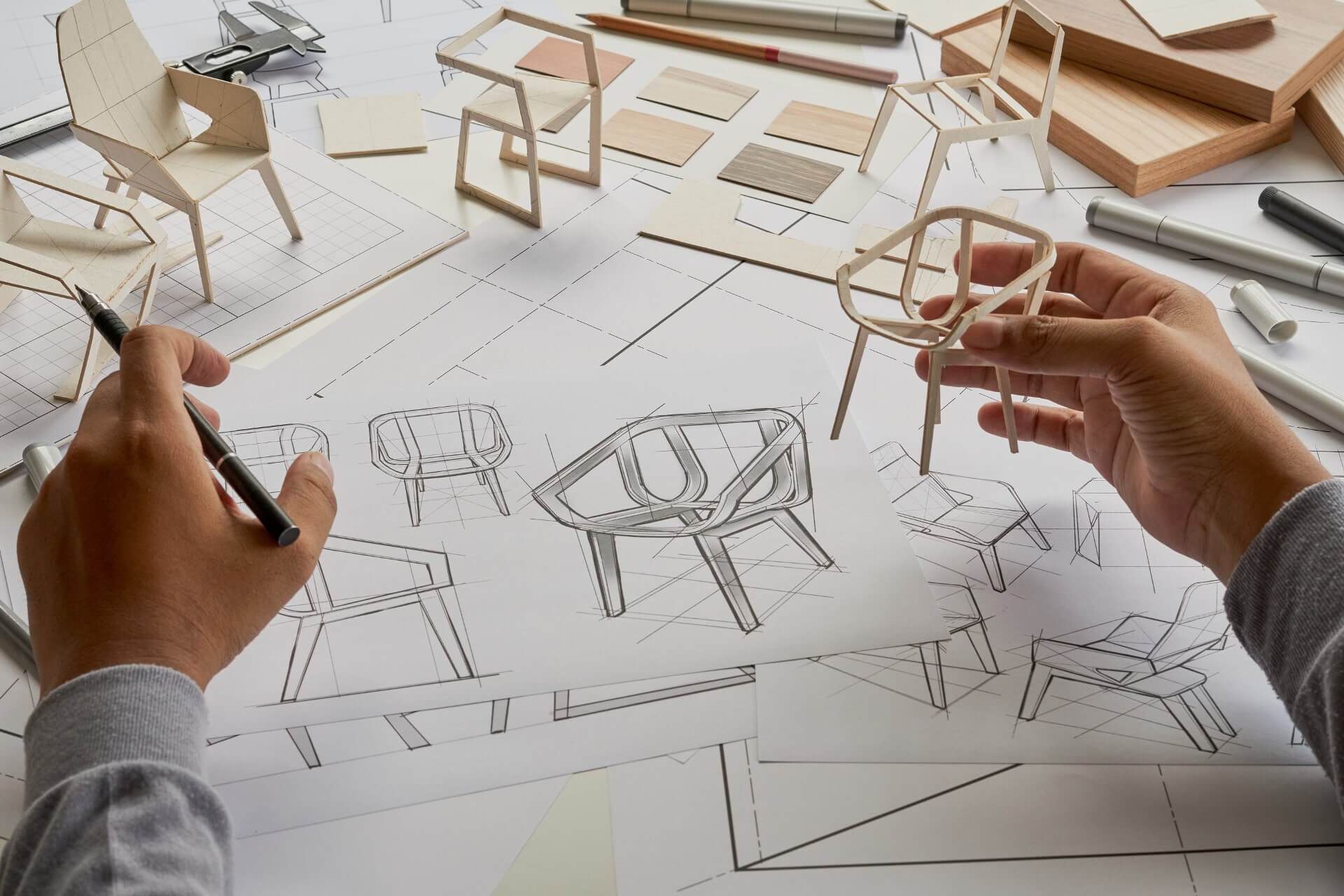
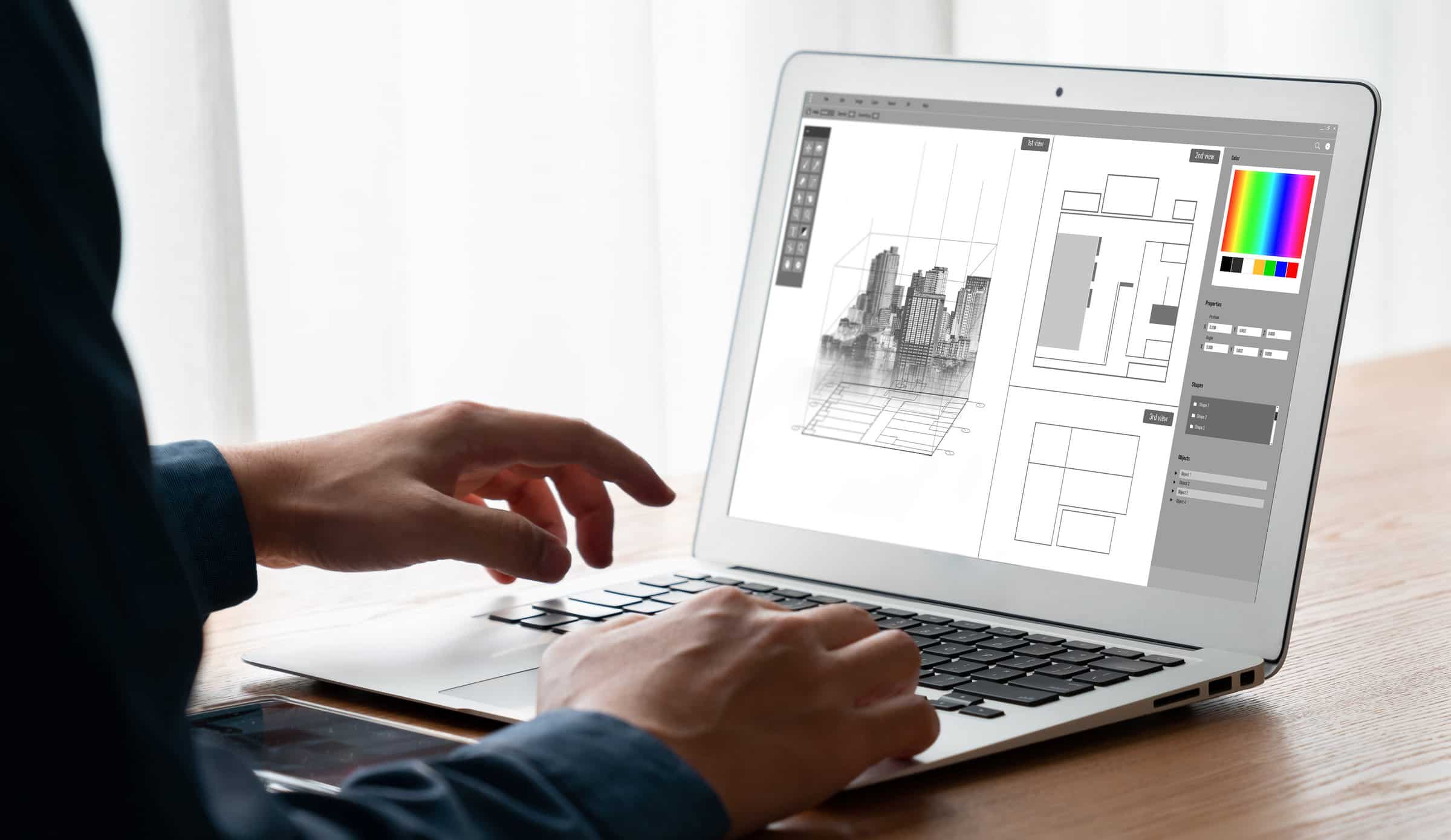
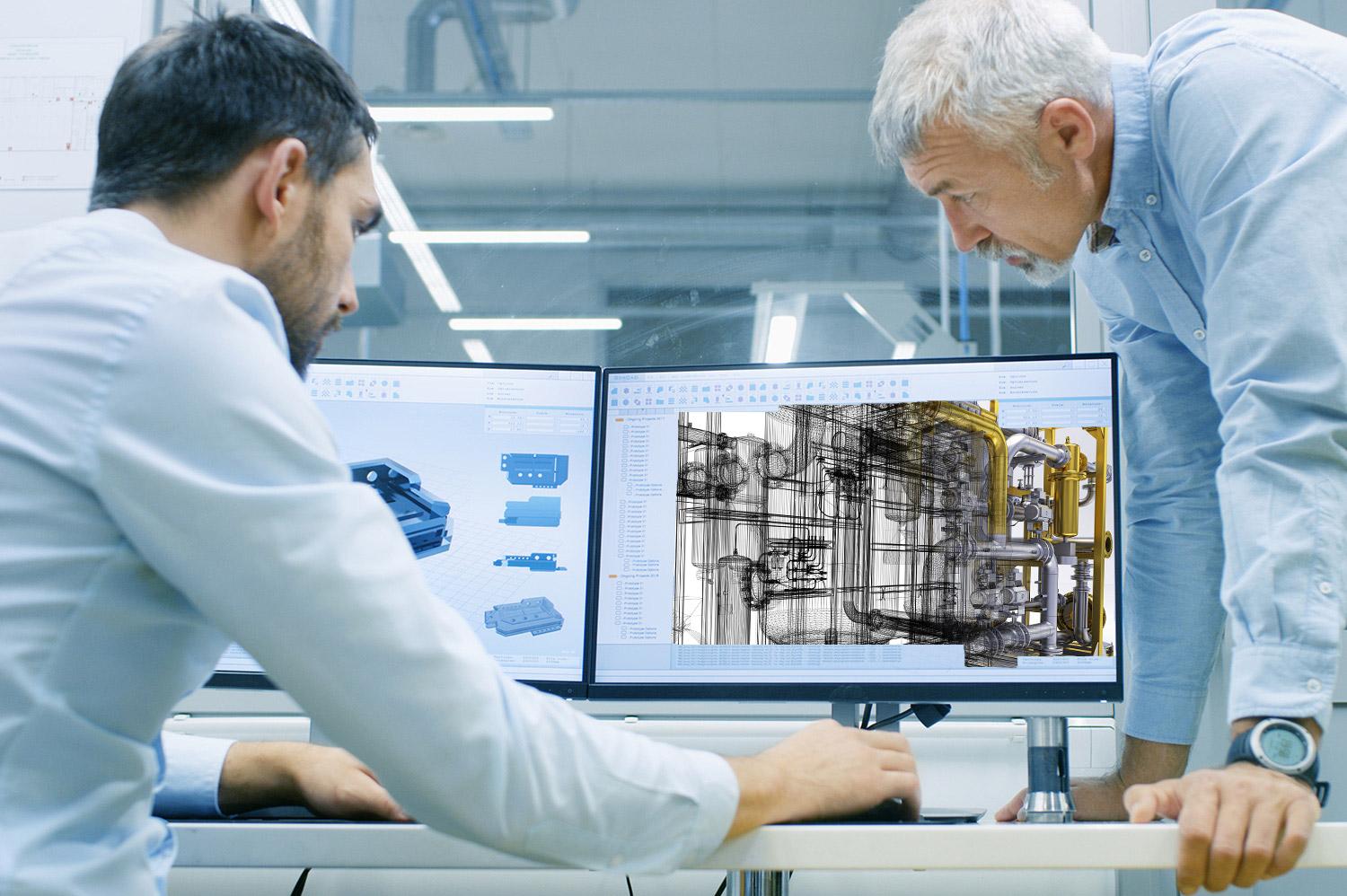


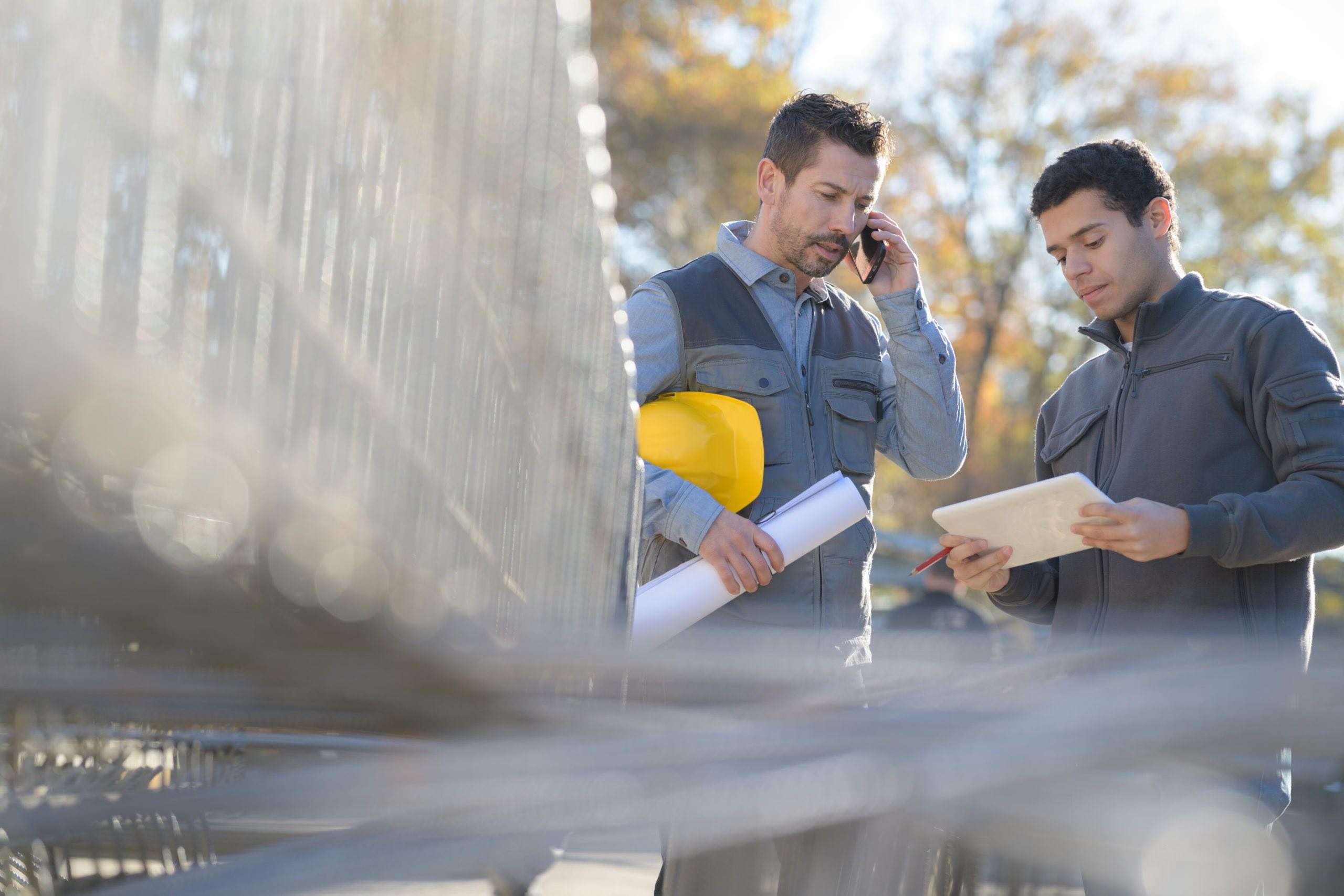
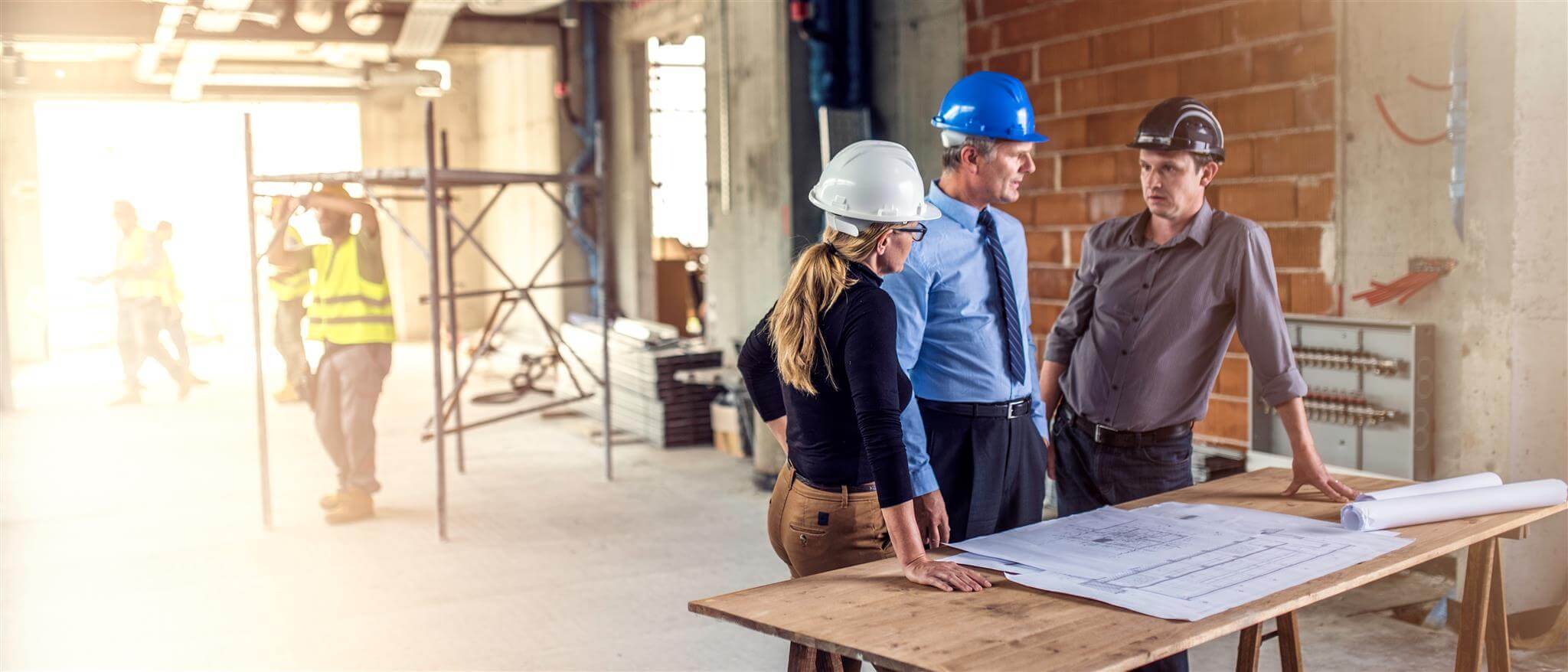

0 thoughts on “How To Become A Plumbing Engineer”